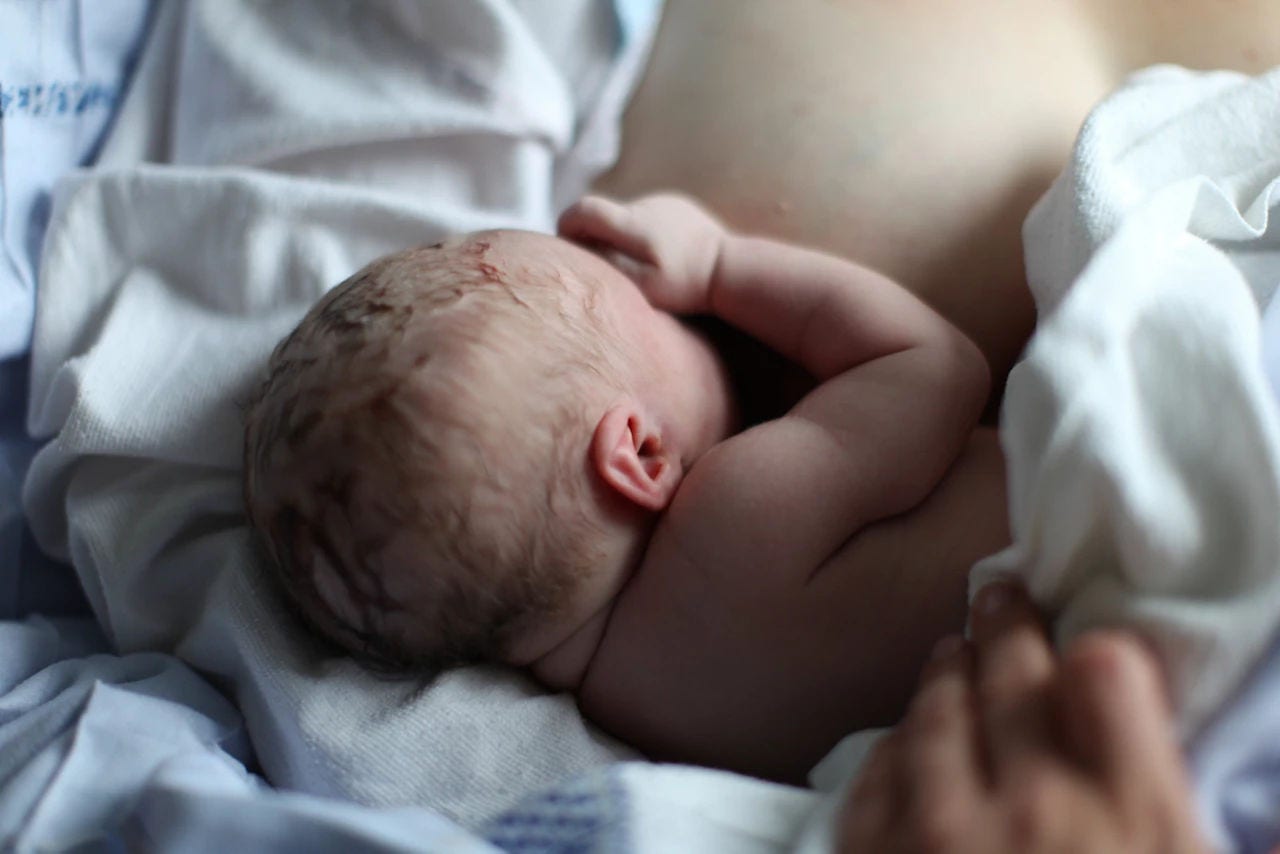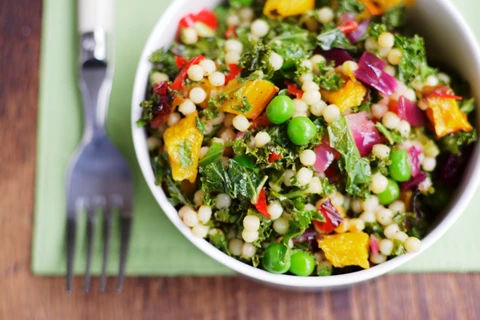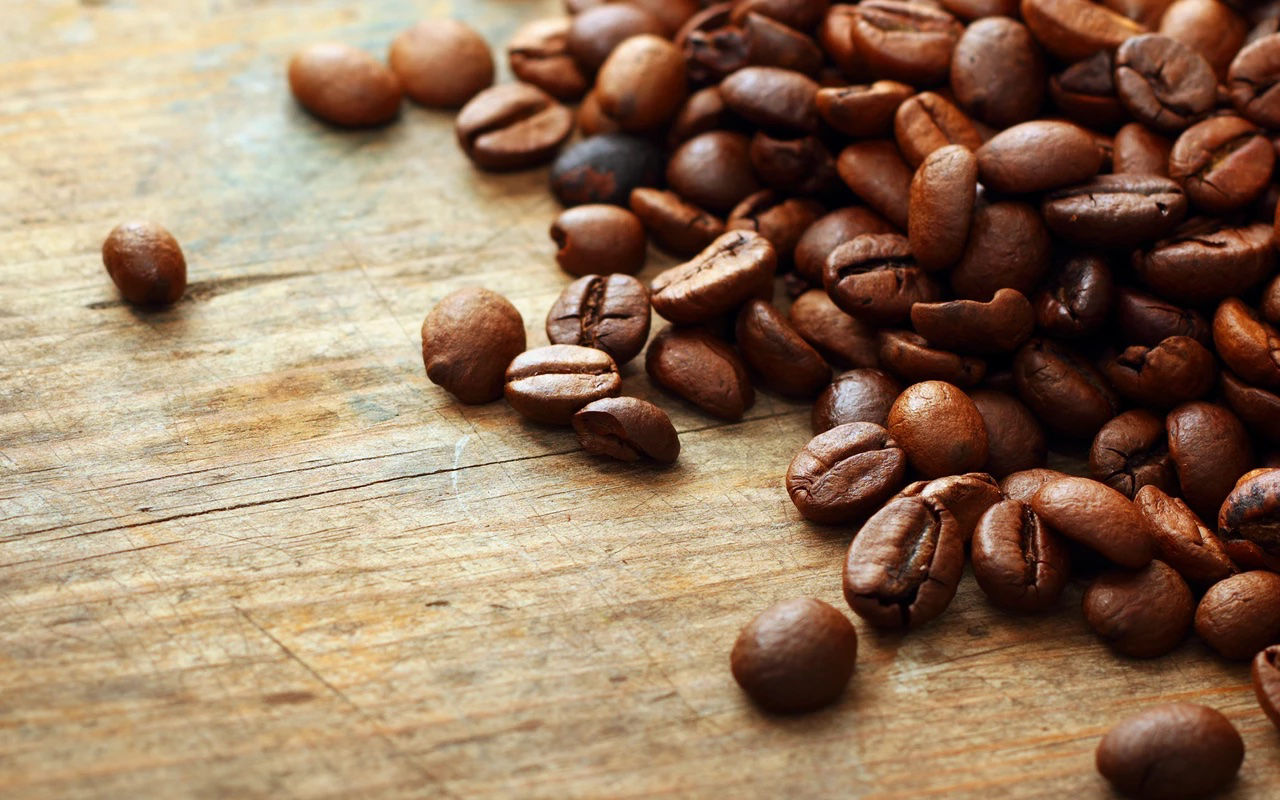Foods to avoid when breastfeeding
Many women avoid multiple foods during pregnancy unnecessarily2, so we have put together this useful guide looking at the scientific research to show what foods to avoid while breastfeeding.

What not to eat when breastfeeding
It is very important that you eat a healthy balanced diet during breastfeeding, to ensure you provide your baby with all the important nutrients they need. Therefore, is it best to not avoid foods without proper reason to, as this could be removing an important nutritional source for your baby. If you already eat a healthy balanced diet then you shouldn’t have to make many changes to your breastfeeding diet. The most common foods which are avoided are spicy foods, allergenic food and fish.

Spicy foods
- It is not necessary to avoid spicy foods1 during breastfeeding. In fact, the addition of the flavours of these foods through what you eat can help your baby to accept more flavours when it comes to weaning.
Allergenic foods
- Unless you have an allergy, it is not necessary to avoid allergenic foods unless you believe your baby has had a reaction or you have been advised to do so by a health care professional2.
- Cow’s milk allergy (CMA) is more common in babies than in adults and therefore does cause concern for many parents. Although breastfeeding can cause symptoms in some cases of CMA, it is much more common to experience these symptoms when on formula milk or at the start of weaning. Symptoms include eczema/skin rashes/diarrhoea/vomiting/swelling of lips/ tummy ache. You do not need to avoid cow’s milk while breastfeeding but if you believe your baby has had a reaction then contact a health care professional.
Fish
- It is important to consume 2 portions of oily fish a week to give your baby a source of healthy fats in your breast milk. However it is important to keep this at 2 portions due to the mercury levels in fish3,4.
- Marlin/swordfish and shark have high mercury level and should only be consumed once per week. Whereas other fish, such as salmon/ tuna/ mackerel/ trout and sardines, can be consumed twice a week4.
The science behind Essential Fatty Acids, powered by Nutricia
Research shows that the essential fatty acids Omega 3 and Omega 6, which are found naturally in breast milk, are really important for the development of your baby’s brain, eyes and nervous system2. Eating foods that are rich in Omega 6 and Omega 3, such as salmon, mackerel, sardines and tuna, will support your baby’s visual, sensory and cognitive development.
Related articles

Need some help?
You can get quick answers to common questions in our FAQs.
Alternatively, if you need help with general pregnancy or baby advice, or maybe on using or ordering our products - our expert team are always on hand to talk about feeding your baby.




